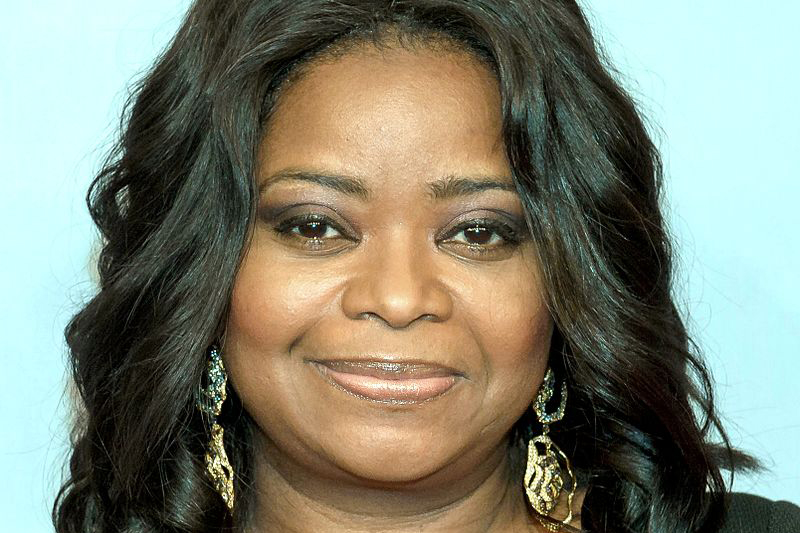
Photo courtesy of NASA Billngalls, Wikipedia
“The Shack” tells the story of Mack Phillips (Sam Worthington) as he begins to deal with a traumatic experience by growing closer to God. After his youngest daughter is kidnapped and presumed dead, Mack struggles to get over what happened to her and slowly becomes more distant from his family. Mack also loses his strong sense of faith, as he believes that God is not necessarily always good. However, when he receives a message to return to a shack in the forest where his daughter was last seen, Mack goes and finds something more powerful than he could have imagined.
The religious aspects of “The Shack” never feel overbearing, despite the film’s clear ties to Christianity: viewers who do not share the filmmakers’ beliefs will likely be able to experience “The Shack” as a coherent movie and not an overlong sermon. However, the film’s strong religious themes occasionally serve as stumbling blocks, as characters like Papa/God (Octavia Spencer) and Sarayu/the Holy Spirit (Sumire Matsubara) feel outdated, even though the film takes place in modern time. These two characters frequently speak in riddles and audiences may not necessarily understand their messages.
The film’s characterization of Jesus (Avraham Aviv Alush) is better executed, as the character feels more modernized than Spencer’s Papa and Matsubara’s Sarayu. Alush’s portrayal of the iconic Christian figure treats Jesus as an “everyday man” and viewers will find him to be very relatable.
The film is careful to ensure the focus is never on its characters’ supernatural abilities. Thus, audiences will be more focused on the messages and lessons the characters are trying to teach Mack, rather than the spectacle of their powers.
Audiences will also most likely enjoy the characters’ diversity. The Shack” avoids the whitewashing rampant in traditional Western depictions of Christian figures. These representations feel welcome.
While Worthington and Spencer have both been recognized as exceptional actors, their performances in “The Shack” leave much to be desired. Throughout the film, the actors simply whisper when attempting to convey important information or emotion: it is a distracting and irritating habit. Worthington is especially guilty: it seems as if he whispers throughout the whole movie.
The film’s plot is clichéd: the story, which relies heavily on flashbacks and shoehorned scenes meant to convey Mack’s dark internal nature, feels unoriginal and poorly executed.
“The Shack” is an enjoyable watch, despite some subpar performances and a pretty cliché plot. It delivers a wholesome message and a refreshingly new take on iconic religious characters.
tmoore3@ramapo.edu





